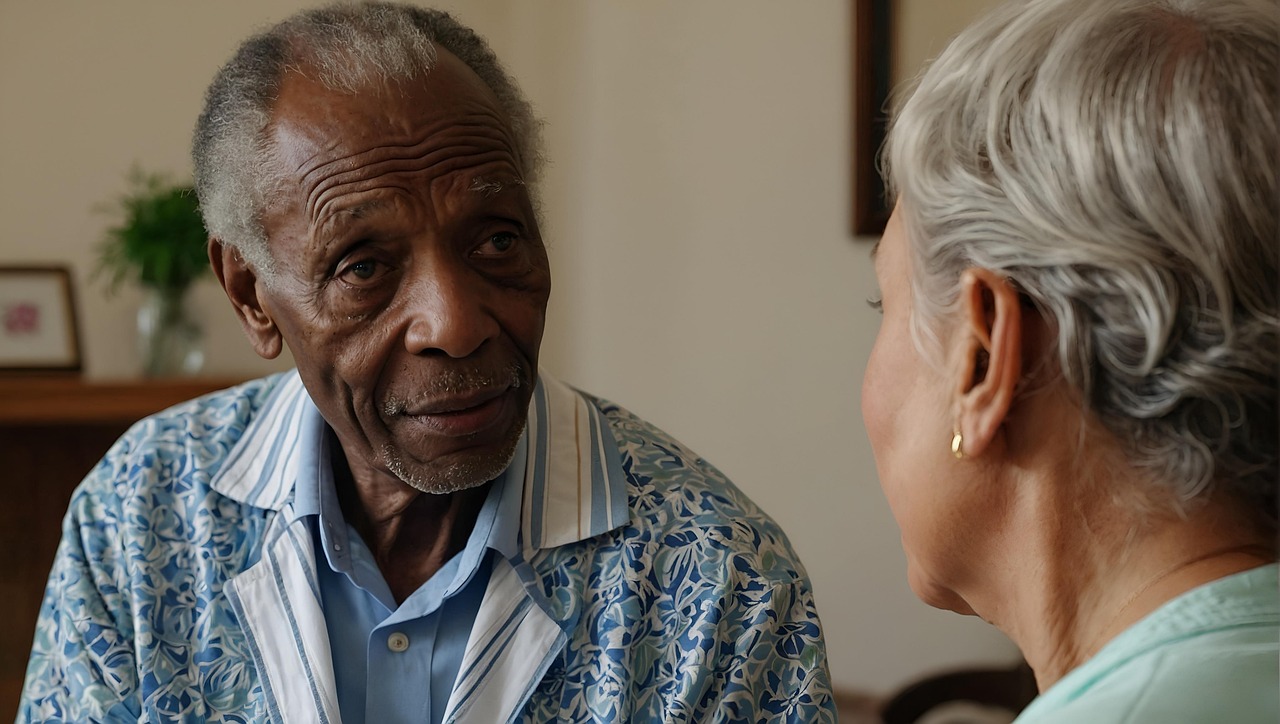As people age, their care needs change. It’s important to understand the different types of elderly care services available to choose the best fit for your loved one. From basic companionship to skilled nursing care, eldercare services are diverse and can be customized for any situation.
1. Companion Care
Companion care is best for seniors who are generally healthy but need assistance with daily tasks or company during the day. Services include help with shopping, cooking, light housekeeping, and engaging in hobbies or walks.
This form of care is especially useful in combating loneliness and maintaining a senior’s quality of life.
2. Personal Care Assistance
Also known as custodial care, this service helps seniors with essential daily living activities such as bathing, dressing, grooming, and eating. It’s ideal for individuals who have mobility challenges or mild cognitive issues.
Caregivers are trained to support seniors respectfully and compassionately, maintaining their dignity while ensuring safety.
3. Skilled Nursing Care
This level of care is provided by licensed nurses and is suitable for seniors with medical conditions that require regular attention. Services include wound care, medication administration, physical therapy, and monitoring of chronic diseases.
Skilled nursing can be provided at home, in assisted living centers, or in specialized nursing facilities.
4. Respite Care
Respite care provides temporary relief for primary caregivers. Whether it’s for a few hours or several days, it allows family members to rest or attend to other duties, knowing their loved one is in capable hands.
This service is invaluable in preventing caregiver burnout and ensuring continuous, quality care for the elderly.
5. Memory Care Services
Designed for seniors with Alzheimer’s or other forms of dementia, memory care involves structured routines, cognitive activities, and safe environments to prevent wandering or confusion.
Caregivers are trained specifically in dementia care, offering patience, understanding, and techniques to manage behavioral challenges.
Choosing the Right Option
Consider your elderly loved one’s physical, emotional, and medical needs when selecting care services. Speak with professionals, assess the environment, and involve your loved one in the decision if possible.
Elderly care is not one-size-fits-all. Understanding the different types of services can help you make informed decisions and ensure that your loved ones receive the right support at the right time. Whether it’s a few hours of companionship or full-time nursing care, there’s always a solution to help seniors live happier, healthier lives.

